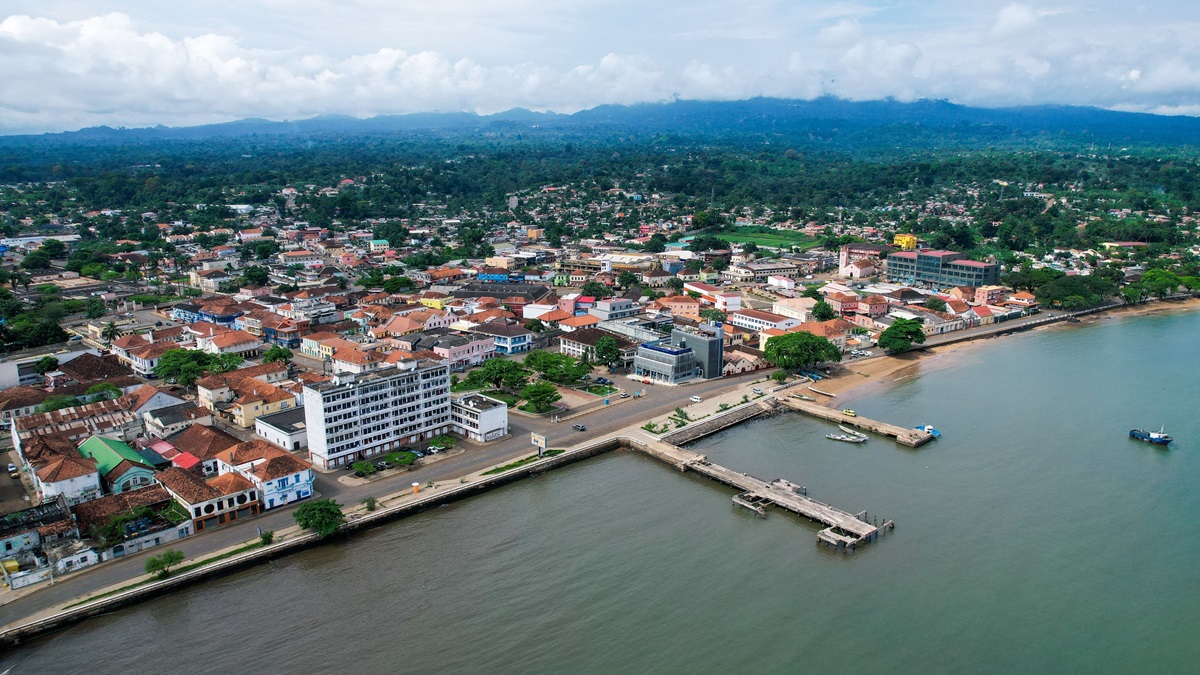The milestone is a testament to the African nation’s economic achievements, but its future development is not without challenges.
© Shutterstock/Wirestock Creators | Sao Tome and Principe is an island nation situated off the western equatorial coast of central Africa.
On 13 December, Sao Tome and Principe exits the least developed countries (LDC) category established by the United Nations General Assembly.
The small island developing state off the coast of central Africa, home to about 230,000 people, has emerged as a more stable and viable economy with strides in education, health and per capita income.
The progress was in part bolstered by international support, including technical assistance from UN Trade and Development (UNCTAD).
Sao Tome and Principe is the eighth country so far to have changed status, or “graduate”, following Botswana (1994), Cabo Verde (2007), Maldives (2011), Samoa (2014), Equatorial Guinea (2017), Vanuatu (2020) and Bhutan (2023).
The list of LDCs currently registers 44.
Improved income and human assets
Between 2020 and 2022, Sao Tome and Principe's average gross national income per capita reached $2,271, well above the LDC graduation threshold set at $1,306.
Similarly, the country’s score on the Human Assets Index, a measure of health and education outcomes, rose from 59.3 in 2002 to 91.4 in 2024, far exceeding the graduation threshold of 66.
Persisting vulnerabilities requiring sustained support
To foster long-term development, Sao Tome and Principe needs to continue overcoming vulnerabilities linked to its geographic isolation, small size of national markets and heavy reliance on the agricultural sector.
UNCTAD classifies the country as commodity dependent, given that primary commodities – most notably cocoa beans – accounted for 69% of its merchandise exports between 2021 and 2023.
Debt distress – when a nation defaults on its financial obligations and debt restructuring is required – also weighs on the Sao Tomean economy.
Its slowing real GDP growth, under 2% between 2021 and 2023, underlines the need for structural reforms to diversify the economy and enhance resilience to external and climate-related risks, particularly floods and rising sea levels.
Navigating new challenges after graduation
Graduation could reduce Sao Tome and Principe’s access to certain international support measures exclusive to LDCs.
These can be trade preferences or concessional financing options – some bound to expire upon graduation and others with a transition period.
The country therefore needs a strategic approach to effectively managing the shift and mitigating potential adverse impacts on the economy.
Beyond graduation, UNCTAD remains committed to supporting Sao Tome and Principe’s efforts to diversify exports, enhance productive capacities and improve its business environment.
Concerted efforts from the global community – including development partners and multilateral organizations – are also essential to provide technical assistance, share best practices and shore up resources the country needs to tackle post-graduation challenges.

